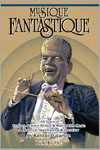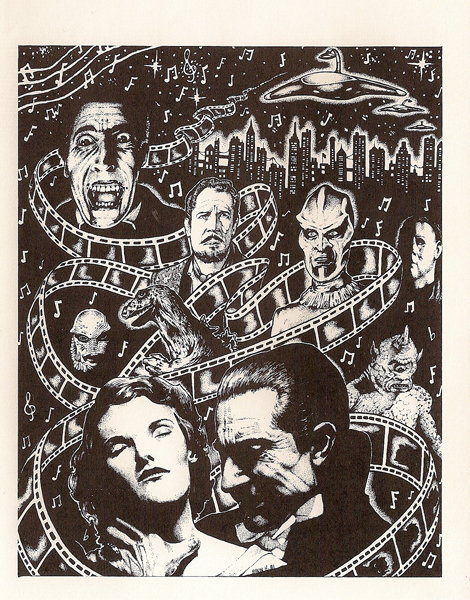October 18, 2019
Scoring Doctor Who’s CLASS, TORCHWOOD Audio Adventures, and More
Interview by Randall D. Larson
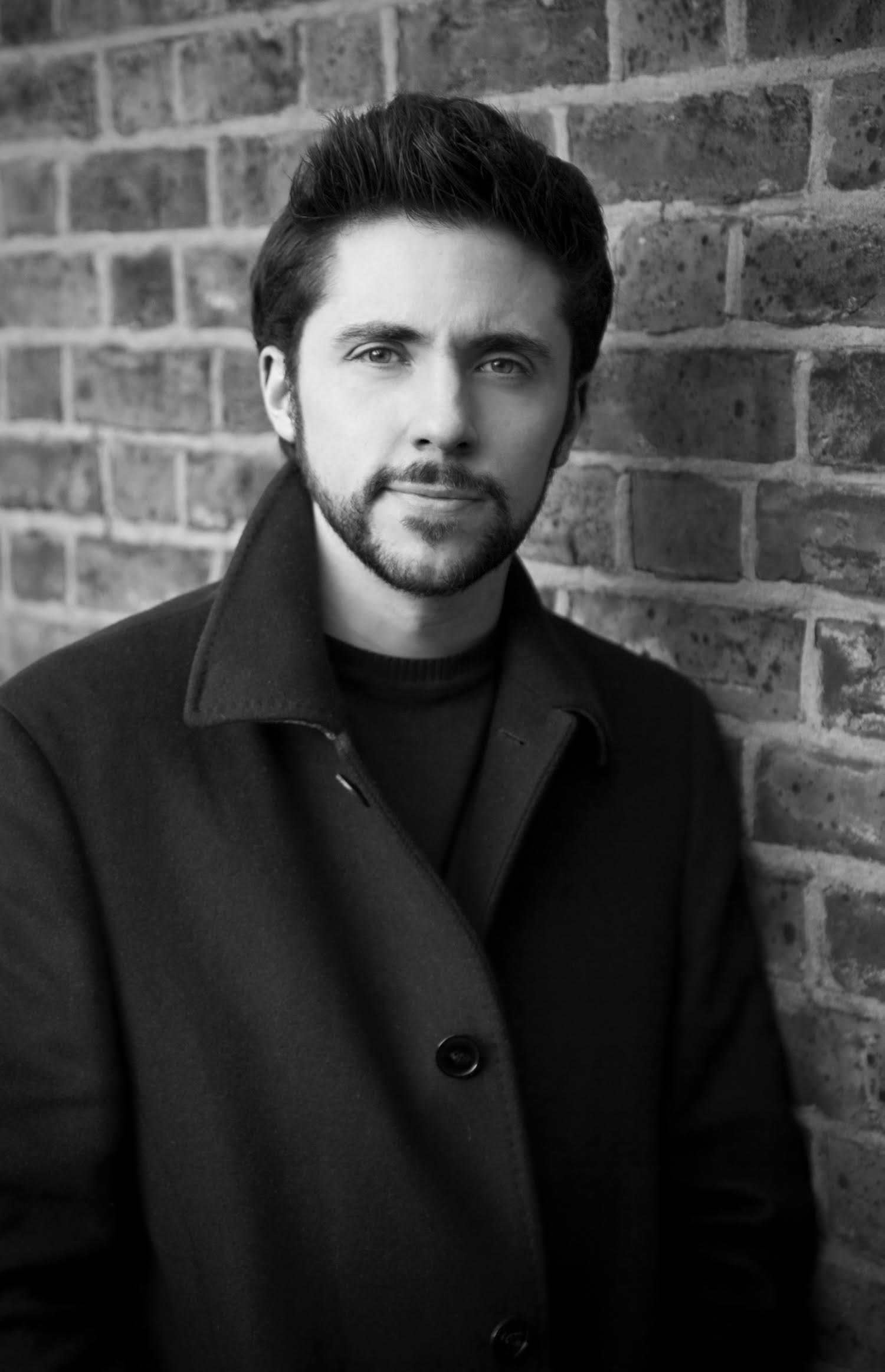
Blair Mowat has composed well over a hundred scores for film, theater and television, with clients ranging from the English National Ballet and The Royal Shakespeare Company to the likes of the BBC and Channel 4. He is a BAFTA nominated, 4Talent short-listed, award-winning composer who is consistently in high demand. Classically trained from an early age, Blair has a BA (Hons) in Music from Durham University and an MA in Composition for Film and Television from Bristol University. In 2012 he was nominated for a Creative Scotland Award for ‘Best New Talent’ in the Scottish arts. As a musical arranger he has worked on shows such as DOCTOR WHO and David Attenborough’s LIFE STORY.
Q: I believe your first musical encounter with DOCTOR WHO was working for Murray Gold. How did that come about?
Blair Mowat: I had met Murray at a composer networking get together. We got on very well and kept in touch. He knew I’d been a fan of DOCTOR WHO and after listening to some of my music asked me to help him with arrangements on a few TV series such as LIFE STORY and also DOCTOR WHO. I got to work on Peter Capaldi’s first season which was a real treat.
Q: How did you become involved with DOCTOR WHO: THE FAN SHOW, the BBC aftershow that followed the broadcast of DOCTOR WHO episodes. How did you go about writing the show’s theme?
Blair Mowat: I’d come to know Chris Allen, who worked at BBC Studios and was producing the show. They were looking for a theme which had a hint of Doctor Who but was also its own thing. So I took some of the tropes of the Doctor Who theme and created something that felt familiar but new – using a high up synth melody over a bass line. I also got to go on the show as a guest which was fun.
Q: How did you become involved in DOCTOR WHO’s spin-off series, CLASS?
Blair Mowat: I didn’t know much about the series but from the little I did know I created a 90-second pitch of what a CLASS score might sound like. So I sent that in and waited for quite a while, several months. They looked at various composers but apparently kept coming back to the pitch I composed, so I went in for a meeting and by the end of that week I got the job.
Q: Coming into CLASS, what kind of music did the BBC or the show’s directors/producers want from you?
Blair Mowat: They were very open-minded and keen to hear my thoughts. Everyone agreed it should feel “edgier” than DOCTOR WHO, and less orchestral. I started coming up with ideas which I then shared with everybody. The Shadow Kin theme was the first track I tackled which everyone thought sounded great. I was keen to move towards using lots of solo instruments rather than the big homogenized orchestral sound in DW, but I was also aiming for each story to have its own flavor. Episode 6 for example is very electronic, whereas episode 7 is far more organic with lots of strings and glass harmonica. In some ways I wanted to harken back to the classic series and the work of the Radiophonic Workshop with the use of sound design and synthesizers.
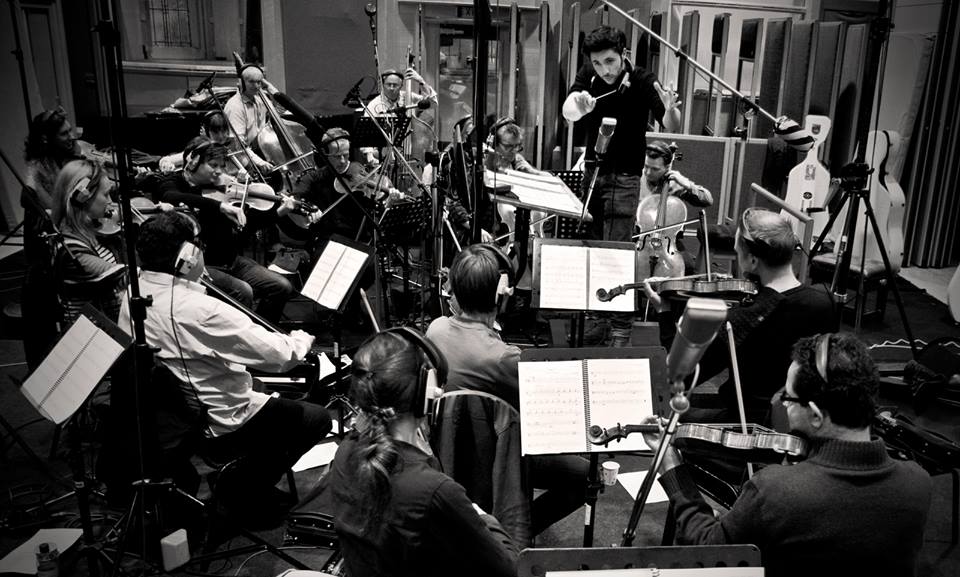
Q: What, if any, is the relationship of the music for CLASS with that of the contemporaneous DOCTOR WHO series?
Blair Mowat: The main link was in episode 1, where we hear two versions of the Doctor’s Theme. I had lunch with Murray Gold before I started work on CLASS and asked his permission to do a version of Capaldi’s theme, but doing it almost in the style of a rock band. He thought it was a great idea so I had lots of fun with that one, recording the drums and guitars at Air Studios. I also got in touch with Melanie Pappenheim who sang the original Doctor’s theme from the Christopher Eccleston and David Tennant eras. There are a few other musical Easter eggs in the series which are described in the liner notes of the soundtrack release.
Q: The track that opens the soundtrack album, “The Shadow Kin,” is a strikingly aggressive and ferocious cue. As the leading recurring villains of CLASS how did you come up with this motif and how was it developed in their reappearance throughout the show?
Blair Mowat: When I tackled that all I had to go on was the concept art and the scripts. I had seen some footage but at that point the Shadow Kin were just tall men in bright green suits! It was a real luxury working on that track as I was still waiting for the locked episodes and had time to experiment. The roaring vocal sound is my voice put through various guitar pedals and pitch shifted two octaves below. The “shing” noise is a custom one-string instrument I bought from the back of a music shop in Soho, London. I bowed it instead of plucking it and then added some distortion and analog saturation afterwards. Delia Derbyshire used a custom one-string instrument to realize the original 1963 Doctor Who theme, so it felt very appropriate to me! That became the most distinctive element of their theme, along with the use of waterphone—which is another instrument that can be bowed to create an unusual timbre. The industrial drums were recorded live at Air Studios and then we crushed them with a compressor so they felt very aggressive. It’s a track I’ve sometimes broken down into the stems when giving lectures on my work as each element sounds quite interesting and distinctive in their own right, but together they really gel into something very distinctive.
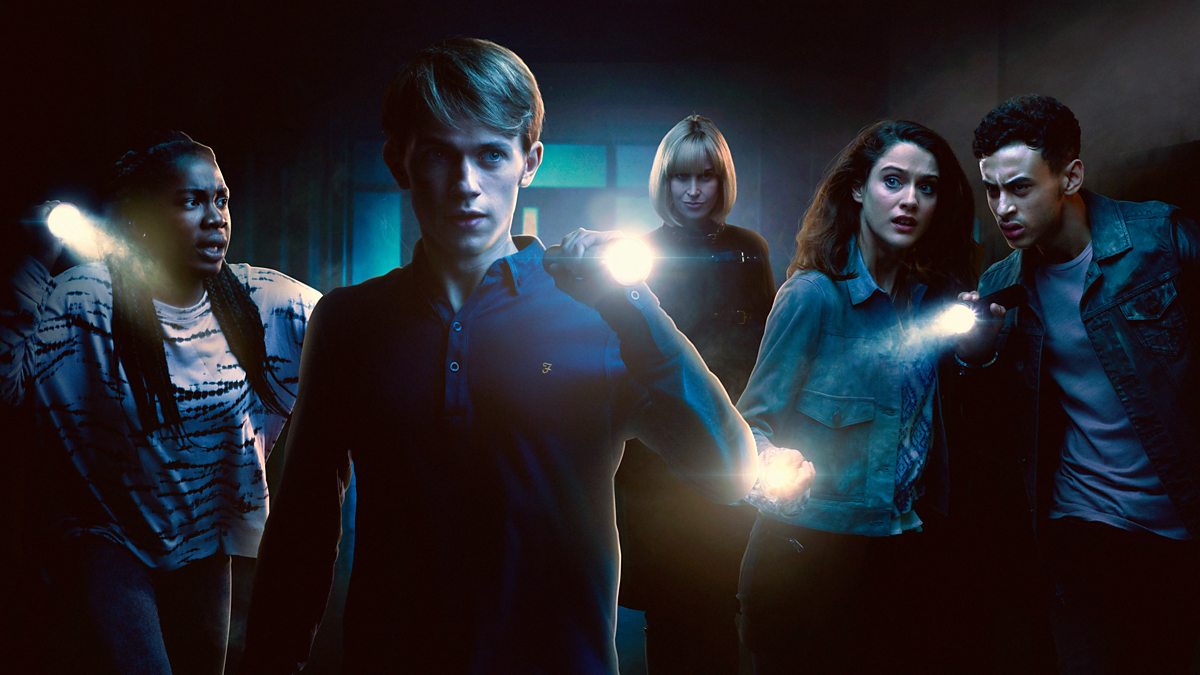
Q: How did you approach creating the various character themes in CLASS?
Blair Mowat: These were also written before I had the locked episodes. Some came to me quickly, such as April’s Theme, and some took longer—like Ram’s theme. Some themes are linked ideologically—for example both Ram and April who are in a romance have a “folky” element to their themes. Some are linked melodically, like Quill and Charlie who share the Rhodia theme. The difference there is Quill is usually on electric cello or musical saw whereas Charlie leans towards piano and synths, etc. Quill does, however, have another theme, the “kick-ass” Quill theme on guitar, which is more brash and fun for a different aspect of her personality. So really the themes happen organically, representing the story we were telling. I knew April had a big moment in Episode 5 so I sketched out that cue early on—that way I knew where we were heading and could slowly build up to it. It takes a lot of planning!
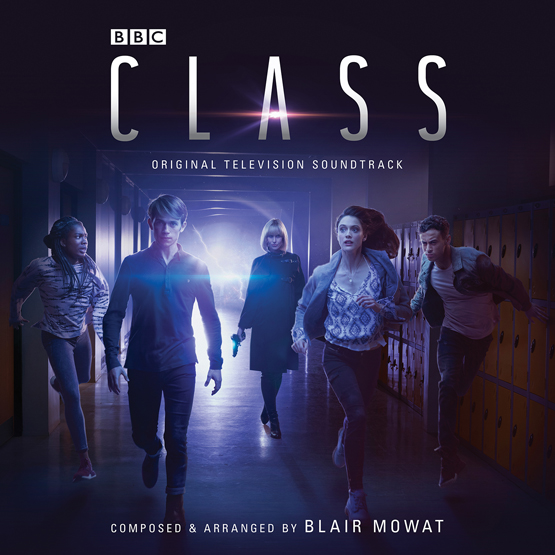
Q: Do you have any favorite, most challenging, or most rewarding musical moments during your work on CLASS?
Blair Mowat: “The Shadow Kin” is definitely up there. A track that really encapsulates what I was trying to do with CLASS is “Charlie Lays Down the Law.” It’s got a really nice blend on analog synths and solo strings. I think if you listen to that you’d immediately go “Oh yeah, that’s a track from CLASS!” Idiosyncrasy is a surprisingly hard thing to achieve with so much music out there, so that feels really gratifying. Emotionally, “Souls Released” is the climax of the show and the audience really responded to that track, so I’m glad that hit home as hard as I’d hoped it would. I’ve even seen people layer it into episodes of DOCTOR WHO on Twitter which is interesting to watch. My wild card would be “Quill Rage” which is on the bonus CD; it was composed very quickly but when I came back to it I really enjoyed re-listening to it.
Q: How can people get a hold of the bonus CD?
Blair Mowat: It’s available if you order the vinyl or CD from the Silva Screen website; for a little bit extra you can add it to the order.
Q: How did the vinyl release come about?
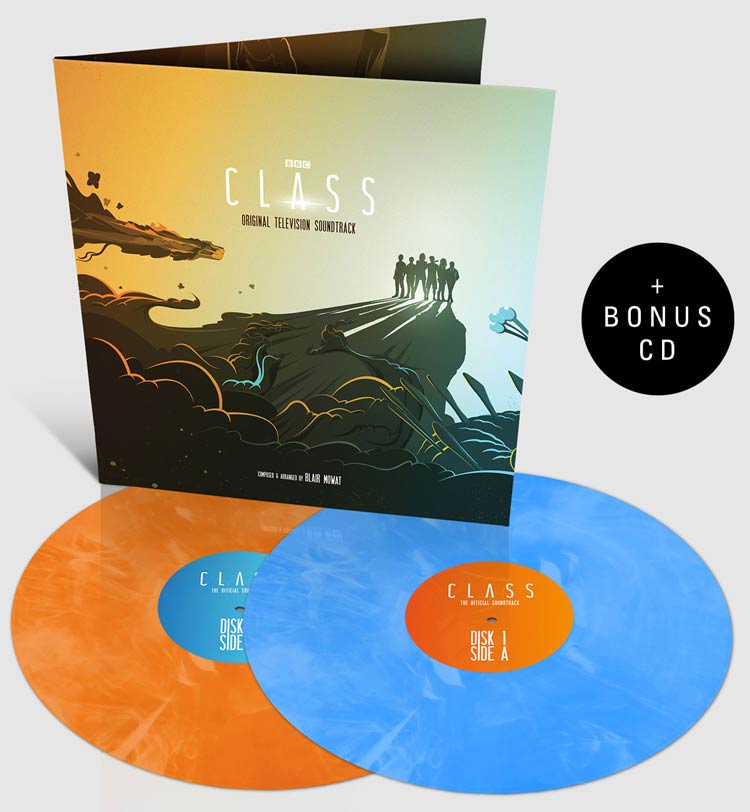
Blair Mowat: I produced that release with Silva Screen, after getting the license to do so from the BBC. I commissioned Jonny Eveson to create some new unique artwork and we created a limited edition product with marbled vinyl and 7000 words of liner notes which go through every track (as well as some notes on the episodes themselves). I consulted with the fanbase via Twitter during each step of the process, creating polls to make sure I could give them exactly what they wanted. At the end of the day that product is for them, and it’s completely tailored to how the majority of them wanted to experience it. It feels great to have it out there.
Q: CLASSMATES was the equivalent of DOCTOR WHO: THE FAN SHOW for CLASS. What were the musical necessities for this aftershow?
Blair Mowat: It was just creating a short theme which was based on the show’s end credits—it happened whilst I was working on the show itself so it’s all a bit of a haze but I suspect it was done in a few hours one morning!
Q: You’ve also composed the music for the revival of the DOCTOR WHO spinoff, TORCHWOOD, in the Big Finish audio range. How did that come about, and how does writing music for an audio series differ from that of television?
Blair Mowat: That came about before CLASS – James Goss (the producer) approached me to rework the TORCHWOOD theme for the release and then asked if I had time to score the series. I was so impressed with the scripts that I couldn’t say no, despite the lack of music budget we have to work with on that series!
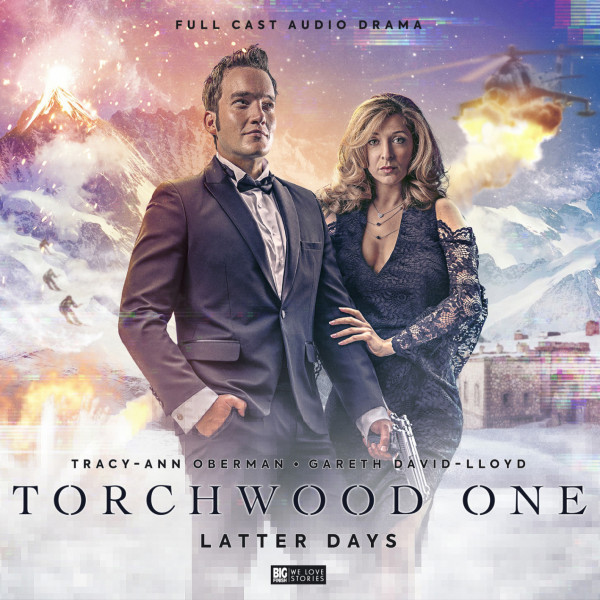
Q: Was there a need or attempt to capture the tone of the music or themes from the TV series in any of these scores?
Blair Mowat: Yes, we bring in character themes occasionally, and at the start we wanted it to “feel” like TORCHWOOD but with a twist. Now I think it’s become its own thing and we can sort of musically branch out wherever we want, especially because a lot of the stories are very different.
Q: You’ve composed all of the TORCHWOOD audio episodes to date – do you treat these as standalone adventures or do you have unifying themes, motifs, and palette that are shared across the arc of these adventures?
Blair Mowat: It depends on the story. For box sets like “God Among Us” there tend to be recurring themes for various characters. For a one-off story like “Dead Man’s Switch,” which I’ve just scored, the music was 95% bespoke for that story and new themes. The story felt very Hitchcockian to me so I ended up channeling some of that style.
Q: The “Aliens Among Us” and “God Among Us” audio series have been intended to serve as the fifth and sixth seasons of the TORCHWOOD TV series. Did this affect your manner of scoring these episodes as opposed to the standalone adventures?
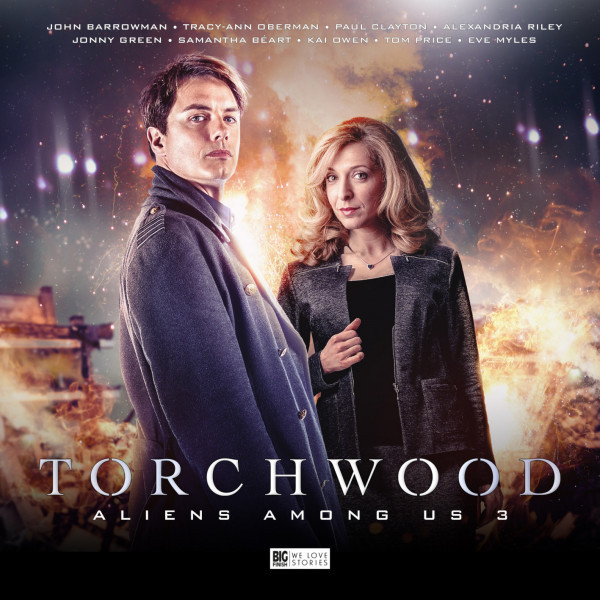
Blair Mowat: By necessity of time and budget we do have to reuse cues sometimes, but when it came to “Aliens Among Us” I remember thinking it would be a good idea to create as much new music as possible. This was a new start with new members of Torchwood and new villains. I think the Sorvix theme was one of the first ones I created for that.
Q: Is there the possibility of your TORCHWOOD music becoming available as a soundtrack release, as was done with CLASS?
Blair Mowat: It’s definitely possible. There seems to be an ever-growing demand for it so it’s something we’ve discussed. I think at some point in the future there may come a point where it feels natural to do a release, and if the paperwork and legalities can be completed to everyone’s satisfaction then it could happen.
Q: You’ve worked a lot of with Mark Gatiss who of course has been very involved in the word of DOCTOR WHO as both an actor and a writer. Can you tell us a little more about your working relationship with him?
Blair Mowat: Mark and I met around the 50th anniversary of DOCTOR WHO and became friends. Over the years he’s asked me to write music for the projects he’s directed. THE BLIND MAN was first (an unmade Hitchcock film for Radio 4 starring Hugh Laurie), then we did The UNQUENCHABLE THIRST OF DRACULA which was an unmade Hammer Horror film from the 70s, composed in the style of those old scores. More recently we’ve been doing ghost stories for the BBC that show on television on Christmas Eve. Last year was a modern take on an M.R. James-style story. This year it’s a direct adaptation of an existing story which stars none other than the Doctor himself, Peter Capaldi!
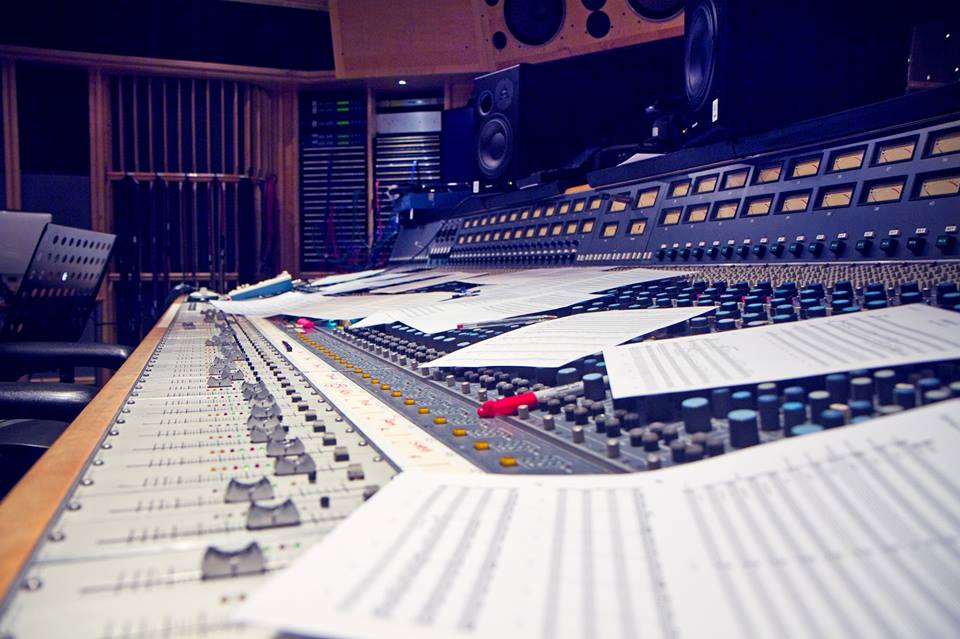
Q: What’s coming up for you next in the world of Doctor Who related media—or what opportunity would you like to have in the future?
Blair Mowat: Well, apart from the Peter Capaldi ghost story, a few fans have asked about a TORCHWOOD musical episode. It would involve a huge amount of logistics, as well as time and expense to do it the way I’d like to, but I think it’d be a lot of fun to do, and I know fans of the series would really enjoy it. I’d also love to see an official season 2 of CLASS with Big Finish. There are a lot of complex moving parts in regards to making that happen, but it may be possible – we shall see!
For details on the Big Finish audio books, see https://www.bigfinish.com/
For more information on Blair Mowat, see his website

